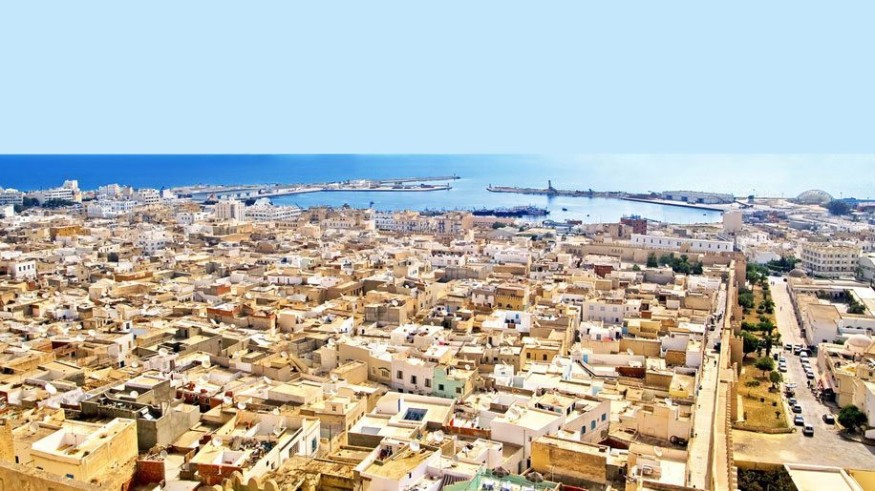
When considering a vacation by the Mediterranean Sea, most travelers opt for the more obvious holiday destinations such as Spain, Italy, or Greece. However, an increasing number of tourists are making their way across the Mediterranean to Tunisia.
From a number of beautiful beaches, to a variety of ancient ruins, to a range of gastronomic tourism experiences, there is something for everyone to enjoy in Tunisia.
Before embarking on a trip to Tunisia, travelers should make sure they inform themselves about the must-see attractions in the country, how to get around, and whether they need a travel document to enter the country. Read on for the top tips you need to know before traveling to Tunisia.
Check if You Need a Visa for Tunisia
Before planning to visit the North African country, all foreign citizens should first check if they need a visa for Tunisia to gain entry at the border. Check here: https://www.visatunisia.com/
Citizens of 97 countries, including the United States, Canada, and all European Union countries except Cyprus, are able to visit Tunisia for tourism without a visa for up to 90 days.
Nationals of these countries who wish to visit Tunisia for longer periods, as well as travelers from all other countries, are required to get a visa in advance of travel from an embassy or consulate.
However, the Tunisian government is planning to launch an electronic visa system later this year, which will permit eligible citizens to obtain travel authorization exclusively online without having to visit a diplomatic office in person.
Train is the Best Way to Get Around
While it is entirely possible to drive around the country and enjoy a road trip across Tunisia, travelers should be aware that renting a car in Tunisia is quite expensive.
The most economical and hassle-free way to get around Tunisia by train, as the country boasts a cheap, comfortable, and well-connected rail network that connects all the major cities and tourist destinations.
Most of the trains in Tunisia are air-conditioned and come with three classes of cars to choose from: classe confort, first class, and second class. The difference in price is quite small, so those who want to upgrade won't need to break the bank to do so.
Make Sure You Visit Carthage
Most travelers to Tunisia initially arrive in Tunis, the capital city, before heading out to discover the rest of the country. However, before leaving the capital, you shouldn't miss out on a visit to the ruins of ancient Carthage in the north of the city.
The Archaeological Site of Carthage was registered as a UNESCO World Heritage Site in 1979 and comprises the extensive remains of an ancient city first founded by the Phoenicians in the 9th Century B.C.
Carthage was later overtaken in 146 B.C. by the Romans, who built a wide array of villas, theaters, and baths, the ruins of which remain in good condition and now comprise one of the most popular tourist attractions in Tunisia.
Take a Camel Ride in the Sahara Desert
While Tunisia's coastlines border the Mediterranean, much of the south of the country is taken up by the vast Sahara desert, and a trip to the country offers the perfect opportunity to explore this striking landscape.
One of the best ways to experience the Saraha is by taking a camel ride across the dunes. A number of companies based in the city Douz offer camel tours, which can range from a single overnight trip to a full 4-day trek.
While in the area, film fanatics are advised to pay a visit to the numerous filming locations used for the Star Wars series, which includes both sites with traditional Berber arcitecture, as well as the custom-built alien town of Mos Espa, which still stands intact in the desert.
Enjoy Gastronomic Tourism in Tunisia
Finally, travelers are advised to sample as much of the unique and delicious cuisine of Tunisia while in the country, such as Harissa (a spicy dip) and Fricassé (a savory doughnut).
Visitors are also advised to sign up for one of the unique gastronomic tourism experiences on offer in the country, whether enjoying an authentic meal in a dar (a traditional Tunisian restaurant), undertaking a workshop on olive oil tasting, or taking a wine tour through Tunisia's vineyards.
© 2025 NatureWorldNews.com All rights reserved. Do not reproduce without permission.





